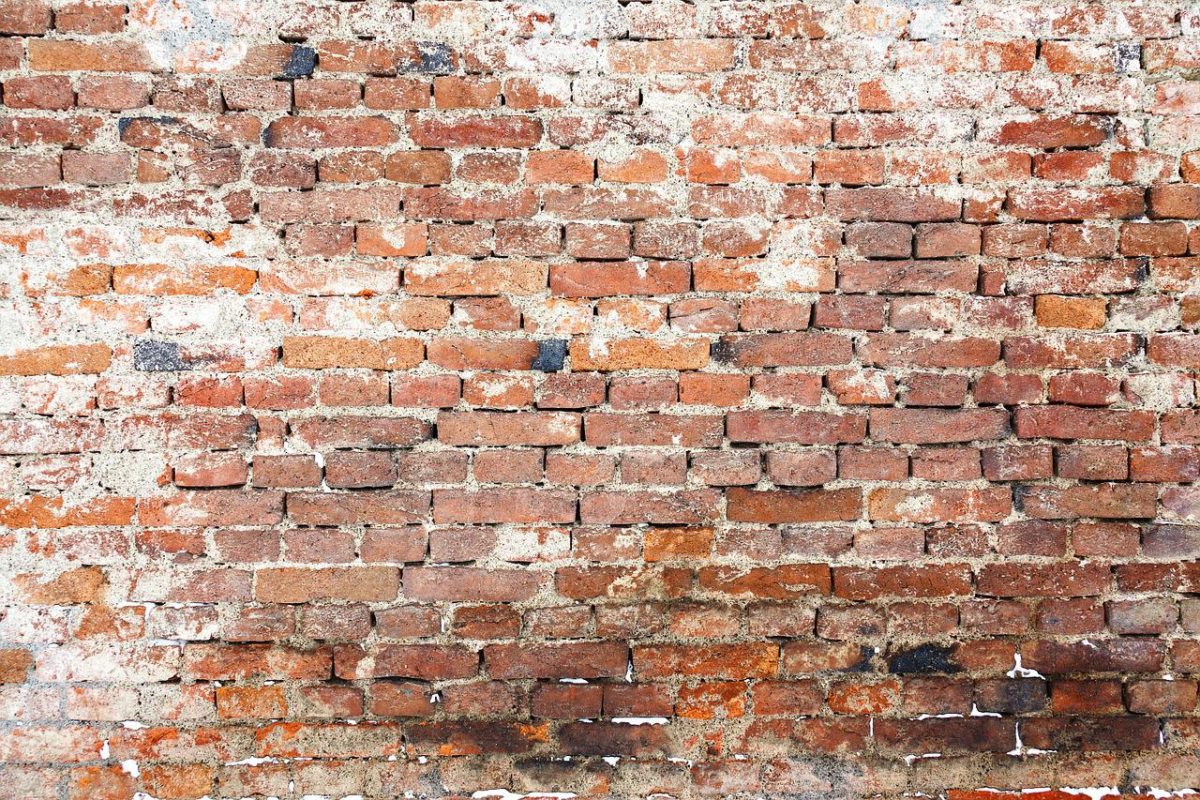Do you have water coming through brick wall your house when it rains? Water is one of the biggest threats to your home’s foundation. Learn how you can prevent water damage and fix leaks in brick to protect your property.
Water can damage buildings, streets, and homes. Floods and water damage impact livelihoods and even lives. If you get trapped underneath water during a flood, it can drown you. Water delivers such a strong force in certain situations. In severe floods, water is a serious safety threat. However, water can ruin furniture and floors and cause mold growth in most cases.
Most homes and commercial properties have solid foundations. Almost every home goes through an inspection before purchase. Inspectors look for foundation damage and any water penetration in walls. If you have brick walls, inspectors look closely for signs of leaks.
It’s good news if your house passes the inspection. However, that doesn’t mean you’re in the clear forever. One concern with brick walls is the potential for water penetration. Water coming through brick wall and other parts of your house is a major problem.
If you start noticing dark spots on your brick walls, floors, or anywhere else, you need to take action. Here are some things you can do to protect your home, stay dry, and avoid costly repairs.
Why There’s Water Coming Through Brick Wall & What to Do
Maybe the Big Bad Wolf couldn’t penetrate a house made of brick, but a sneaky stream of well-placed water can!
Extreme or constant water exposure can deteriorate brick, just like erosion. Water can be a significant cause of foundation damage as well, so early action to avoid impacting other parts of your brick surfaces or foundation is vital.
Here are some of the reasons why water may get through a brick wall.
1. Too Much Power – When water collides with brick at high speeds, it is more likely to get through your walls. Whether it’s through the bricks directly or via the joints, strong streams of water have a way of getting where they’re going. Some people report water leaks through brick walls after power washing. How strong your tools are is something you should keep in mind. Go slowly and monitor where the water is going.
The extreme pressure of the power washer may be great for blowing away any grime, but it’s also great for damaging the walls of your home. If you power wash too often, you’ll chip, crack, and even break the brick exterior– hence water getting into the interior.
The solution? Try to power wash less frequently and from a greater distance. At the very least, try to avoid power washing more than once a season.
2. Damaged Drains – The gutter and drainage systems of your home are essential. However, they can cause structural problems when in disrepair, and you’ll see water coming through brick walls.
When it rains, gutters catch the rain so that it doesn’t fall off the side of the house. Instead, gutters direct the rain down into your drainage system, which expels it at a safe distance from your home.
If someone installs gutters incorrectly, or your drainage system can’t handle the volume of water, streams of water will fall directly on your exposed brick. Eventually, the water could find its way inside.
How do you solve this problem? Call in professionals to reinstall or fix your drainage system. You can also try to find the problem and fix it yourself.
In the future, regularly check your gutters and drainage system to make sure everything is connected, and no leaves are blocking water flow. Waterproof both the exterior and the interior of any brick walls to prevent water penetration.
3. Ice Walls – In the winter, ice can freeze itself onto your brick walls. Water expands when frozen, however, so it can leave cracks in the brick when the ice melts. To avoid this, make sure to apply the breathable sealant to your walls.
Every spring, defend your home against any water issues the next winter by identifying all the damaged points in the walls and tuckpointing them to avoid leakage later.
4. Relentless Rain – Perhaps your home is older and has been standing strong through years and years of weather. Weather is a worry if you live somewhere where it rains frequently or sleets and snows frequently.
Bad weather does a number on brick. Even though brick is incredibly weather-resistant, at some point, rain and snow will break down the brick to the point where water can get in. When that happens, you’ll need to find a fix.
What you can do, though, is watch for any water going into your bricks. If bricks stay darkened with moisture long after the rain stops, or you see water in your joints longer than usual, you probably need some repairs done.
Waterproofing Brick Walls
Reduce the risk of leaks by waterproofing your walls. For example, you can paint a breathable sealant onto your walls for brick surfaces to avoid any further leaking.
Why breathable? If it isn’t, the water can get trapped under the surface, causing even more damage and problems down the line!
You may also want to tuckpoint your brick. Then, if you see any gaps or cracks in the mortar, you can refill it by packing more mortar into the damaged area.
Tuckpointing is a big element of keeping up repair on a brick wall, especially older and worn ones. You may not be able to stop the rain, but you can stop it from coming into the house!
Fixing Brick Leaks by Yourself
So, you’ve got water coming through brick walls when it rains. If you’re handy with masonry tools, then give brick repair a go! Tuckpointing isn’t that difficult. Here’s what you’ll need:
- Grinder – First, you’re going to need to remove damaged mortar. If you put new mortar over damaged mortar, you’re only masking the problem. It will come back to haunt you in time. With a grinder, grind down the damaged mortar to make room for the new joints. Go deep until you feel like you’ve gotten to the bottom of cracks and crumbles.
- Mortar Trowel – Mortar trowels are the tools people use to spread mortar when working with bricks. They come in various shapes and sizes, so measure how big your joints are, and then ask someone what size you should be using. People at your neighborhood home improvement store will be happy to help. If you want to buy one yourself, pick one that gives you freedom of movement and is wide enough to spread mortar along your joints smoothly.
- Mortar Gun – A mortar gun makes things fast and easy for spot repairs. You can cut down on the time you’re working on your bricks because the gun makes it easy to apply the mortar directly to trouble areas.
- A Masonry Brush – A good, strong brush will help you avoid leaving mortar where you don’t want it. Brush off any extra mortar from bricks to keep your original appearance in place. It can also help you get rid of dust and dirt on damaged joints before you start repairing bricks.
- New Bricks – Ideally, you’ll have a stack of extra bricks in the shed or somewhere in your basement. If not, then spend some time finding replacement bricks that match your home’s exterior. You don’t want to have your new bricks stand out and take away from your home’s design.
Removing bricks can be challenging, but you can slowly chisel them out and insert a new brick before applying mortar to keep it there.
Hiring a Brick Repair Service
Not everyone is a masonry DIY wizard. If the thought of fixing mortar joints or replacing damaged bricks seems like a lot, then you should hire a professional mason to help.
It will cost you more, but, for many people, the price is worth the peace of mind that comes with it. You’ll get better protection from rain and other water sources, and your house will still look great with perfect exterior bricks.
Before you hire a contractor, read online reviews to find companies with a proven track record. Then, get multiple quotes on any repairs and choose the company that feels like the best mix of speed, quality, and price.
Maintenance Eliminates Water Coming Through Brick Wall
For the most part, regular brick maintenance keeps your house or commercial property in good condition. So, if you notice water spots on your walls, give them the attention they deserve. You’ll likely save yourself thousands of dollars in repairs.
Eventually, every brick home will need some type of repair. Whether it’s reapplying sealant for the rainy seasons or replacing damaged bricks due to a neglected leak, the sooner you start, the better.




